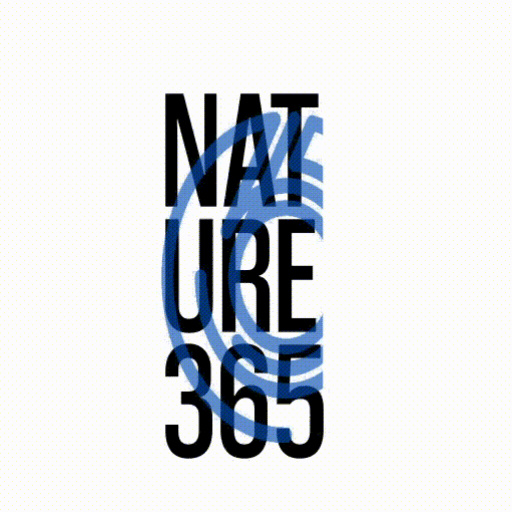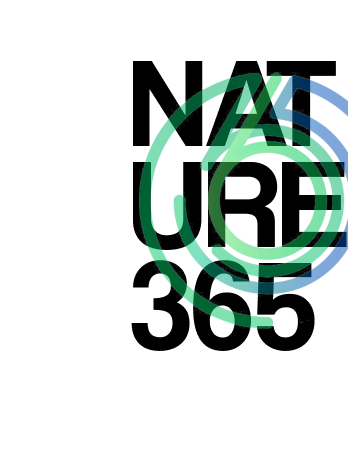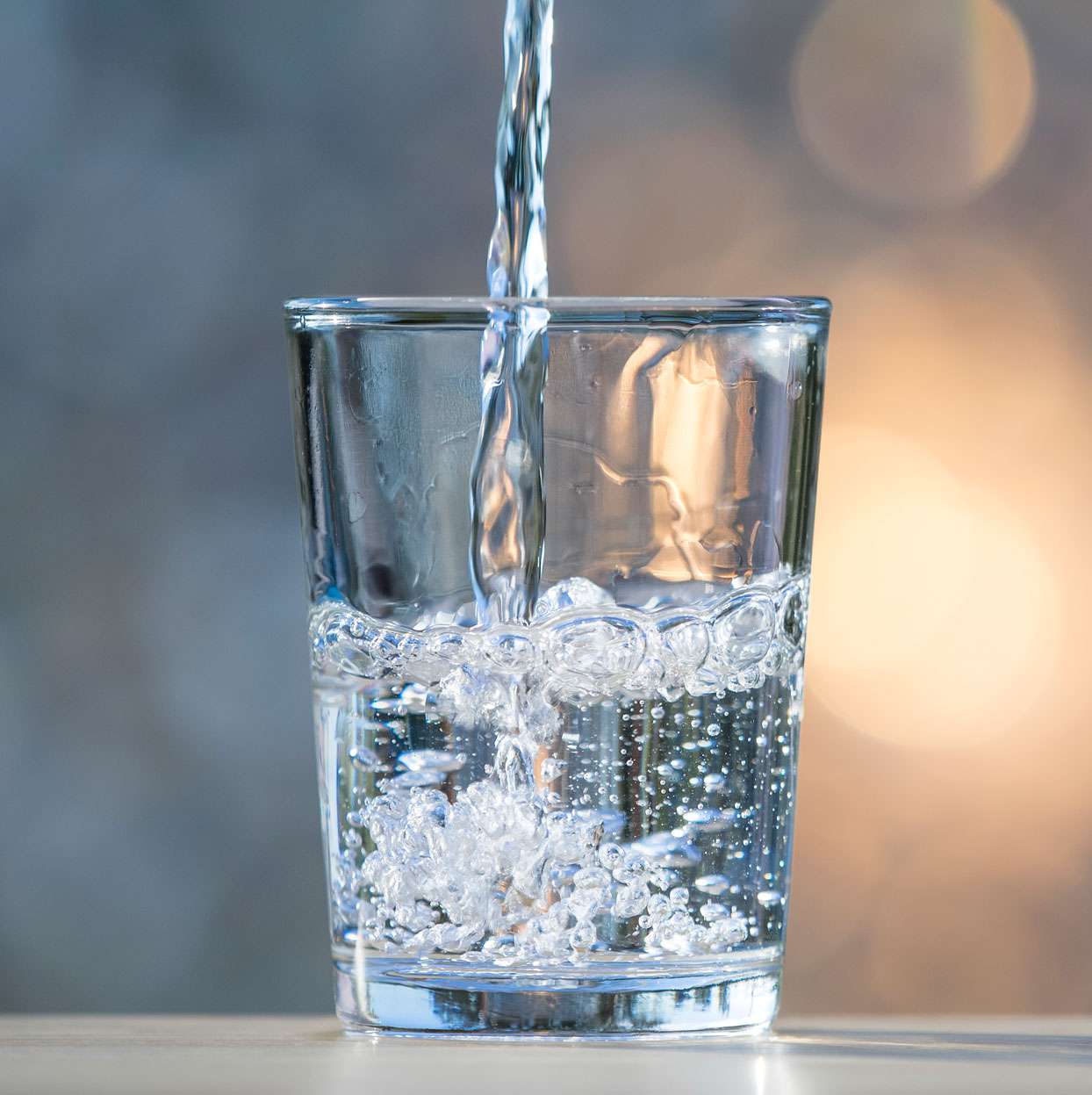Everyone is in search of Wellness and often when we search for the same with discover ancient and natural remedies and one of the very important fundamental elements consistently takes center stage – water. Beyond its essential role in hydration, water has been revered throughout history for its healing properties. From ancient spa cultures to modern hydrotherapy, the therapeutic benefits of water are both profound and diverse. In this blog post, we explore the intrinsic connection between water and medicine, delving into the ways in which this liquid elixir contributes to our physical and mental well-being.
The Ancient Wisdom of Hydrotherapy:
Ancient civilizations recognized the healing potential of water, establishing baths and hydrotherapy rituals that endure to this day. The Greeks and Romans, for instance, built elaborate bathhouses as places of physical and social restoration. Water, in the form of hot and cold baths, was believed to balance the body’s humor, promoting health and vitality.
Hydrotherapy in Modern Medicine:
Fast forward to the present, and the principles of hydrotherapy persist in modern medical practices. Hydrotherapy, defined as the use of water in the treatment of disease and injury, encompasses a range of therapeutic approaches. From hot tubs and saunas to cold compresses and aquatic exercise, water is harnessed for its ability to reduce pain, promote circulation, and alleviate stress.
The Healing Power of Immersion:
The act of immersing oneself in water, whether in a bath, hot spring, or even the ocean, can have profound effects on both physical and mental well-being. Buoyancy reduces the impact on joints, making water-based activities ideal for rehabilitation and exercise. Additionally, the soothing nature of water induces a state of relaxation, easing tension and stress.
Water’s Impact on Mental Wellness:
Beyond its physical benefits, water plays a pivotal role in supporting mental wellness. The sound of flowing water, whether from a babbling brook or a gentle rain, has been shown to have a calming effect on the mind. Bodies of water, from serene lakes to crashing waves, provide settings for reflection and meditation, promoting mindfulness and mental clarity.
The Hydration Connection:
While hydrotherapy highlights the external applications of water, internal hydration is equally crucial for overall health. Water is a fundamental component of every cell, tissue, and organ in the body. Proper hydration supports digestion, nutrient absorption, and the elimination of toxins, contributing to optimal bodily function.
Tips for Harnessing Water as Medicine in Daily Life:
Stay Hydrated: Drink an adequate amount of water daily to support bodily functions and maintain overall health.
Hydrotherapy at Home: Create a spa-like experience by incorporating hydrotherapy into your routine. Enjoy a warm bath with calming essential oils or consider contrast hydrotherapy by alternating between hot and cold water in the shower.
Connect with Nature: Spend time near bodies of water, whether it’s a lake, river, or ocean. Nature’s aquatic symphony can have a rejuvenating effect on your mental well-being.
Aquatic Exercise: Explore water-based exercises such as swimming or water aerobics to benefit from the low-impact yet effective nature of these activities.
- About the Author
- Latest Posts
A passionate advocate for all natural and sustainable ideas. With a background in sustainable economics science and a deep love for nature, Sojy has dedicated his career to promoting eco-friendly practices and encouraging others to live a more sustainable lifestyle. He is an avid hiker, gardener, and cook, and loves experimenting with natural ingredients in his recipes and lifestyle routines. Sojy believes that small changes can make a big impact and is constantly seeking out new ways to reduce his carbon footprint and inspire others to do the same




